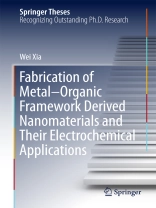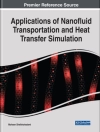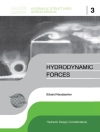This thesis systematically introduces readers to a new metal-organic framework approach to fabricating nanostructured materials for electrochemical applications. Based on the metal-organic framework (MOF) approach, it also demonstrates the latest ideas on how to create optimal MOF and MOF-derived nanomaterials for electrochemical reactions under controlled conditions.
The thesis offers a valuable resource for researchers who want to understand electrochemical reactions at nanoscale and optimize materials from rational design to achieve enhanced electrochemical performance. It also serves as a useful reference guide to fundamental research on advanced electrochemical energy storage materials and the synthesis of nanostructured materials.
Jadual kandungan
Introduction.- Preparation and characterization of MOF-derived nanomaterials.- Formation of the N-doped carbon nanoparticles and their application in oxygen reduction catalysis and Li storage.- Formation of the core-shell metal oxide nanoparticles and their application in oxygen reduction catalysis.- Formation of the hollow metal oxide nanoparticles and their application in oxygen reduction catalysis.- Formation of the 3D porous carbon and related application in Li-S cells.- Conclusion.












